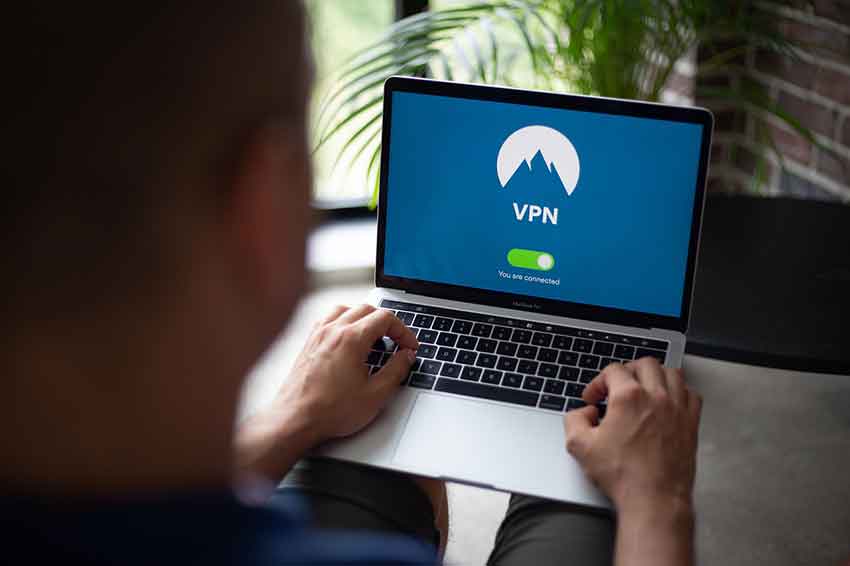Show:
5 Ways To Increase Your Multiple eCommerce Business’s Online Security
As more and more businesses move their operations online, cybersecurity is becoming the preeminent way to keep these businesses secure. When it comes to personal internet use, having strong passwords, utilizing firewalls and monitoring your online transactions may be enough, but businesses have a wider range of online operations and therefore require more expansive security measures. If you’re looking for ways to increase online security for your multiple eCommerce business, here are five tips.

1. User Authentication
Most people know how to create a strong password these days. Many platforms also provide suggestions for strong passwords for you. There are also other types of authentication to layer with passwords and increase the safety of your online activity. This strategy is commonly called multi-factor authentication and there are a variety of authentication tools you can choose from based on your comfort level and business needs. Hard tokens are pieces of hardware a user carries with him or her to authorize access. Think of it like a key fob to enter a building. Soft tokens work similarly, only they are software-based, often in the form of apps that generate one-time passwords for the user to input for access.
2. Secure Sockets Layer (SSL) Certificates
An SSL certificate is an incredibly important cybersecurity tool for client-facing websites. If you host an online store or in any way ask users to input personal information on your website, an SSL certificate is a must. An SSL certificate is a piece of software that encrypts user information so users can interact with your website, shop and store their information safely. This software covers personal information like names, passwords and credit card details.
3. Virtual Private Networks (VPNs)
To cover all your bases, a VPN is a good choice. These networks allow in-house and remote employees to connect and share sensitive data online with much less risk of that data being intercepted.

A VPN basically encrypts all your data end-to-end for every internet connection your business utilizes. A VPN for business use needs to be fast and reliable since so many people will likely be using it.
4. Software and Website Hosting
Keeping all your software up-to-date helps keep your site running smoothly and safe from cybercriminals. Hackers are improving their skills all the time, and cybersecurity software aims to counteract that. If you’re using outdated software, it will be easier for hackers to skirt your protections and get at the data they want.
Similarly, you should incorporate your security concerns and goals into your search for a website host. Research different hosting services and see what security options they offer. For example, if a hosting service offers backdoor access to a website, then there isn’t much point to utilizing passwords because a hacker could just use the backdoor. In that case, you’d likely want to choose a different service even if the first one was the cheaper option.
A good choice for eCommerce businesses is an eCommerce-specific platform. These hosting platforms are tailor-made for online shopping, so they include security measures to protect online transactions and backups to avoid crashes and downtime.
5. Encryption and Firewalls
Whatever you do, try to avoid plain text. This is the basic way information is transmitted over the internet and it’s very easy for hackers to steal and decipher. Encryption services like SSL certificates and VPNs lock the data instead of leaving it as plain text, which makes it more difficult for hackers to get their hands on. You can encrypt websites too. Use hypertext transfer protocol secure (HTTPS) to lock your website and ensure user-safety.
Don’t underestimate the importance of firewalls, either. They’re old school but effective. Include application gateways to protect your site from outside sources and proxy firewalls to protect the internal network. Firewalls allow secure connections while blocking malicious threats.
Leveraging all of these and other eCommerce online security strategies can help you create a complex web of cybersecurity for your business and make it much more difficult for hackers and cybercriminals to infiltrate your online business spaces.

 Return to Previous Page
Return to Previous Page








